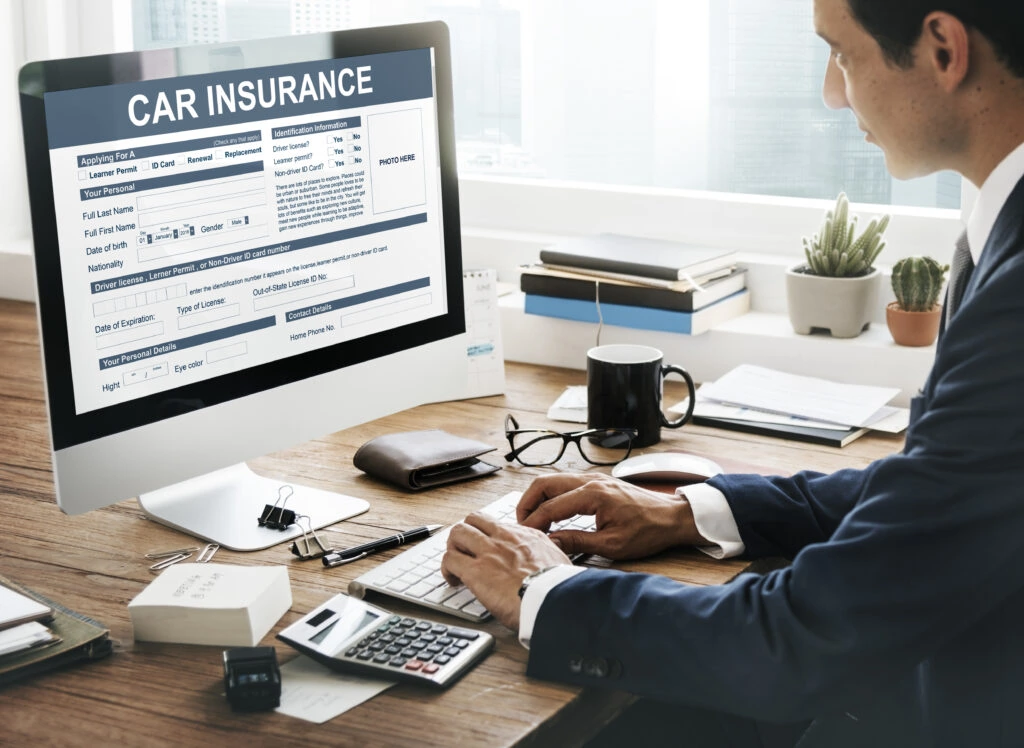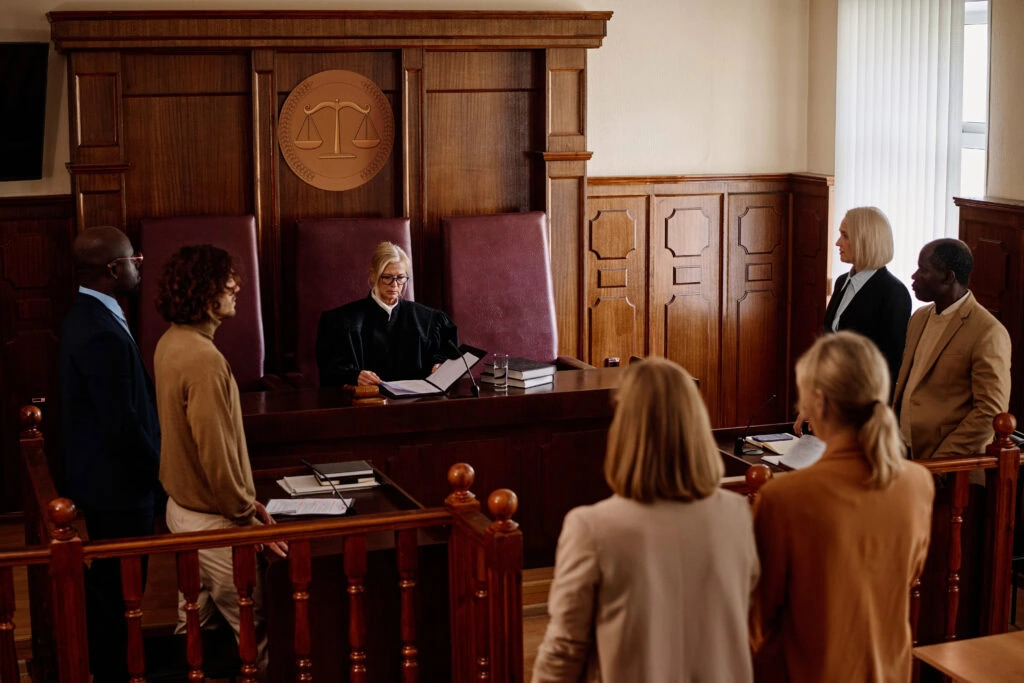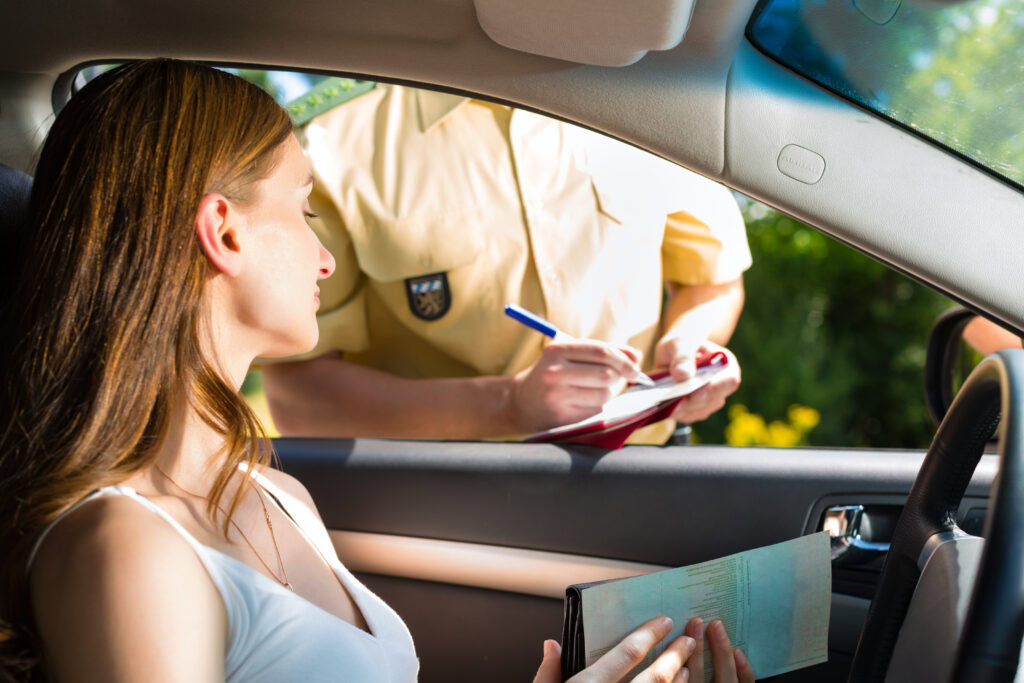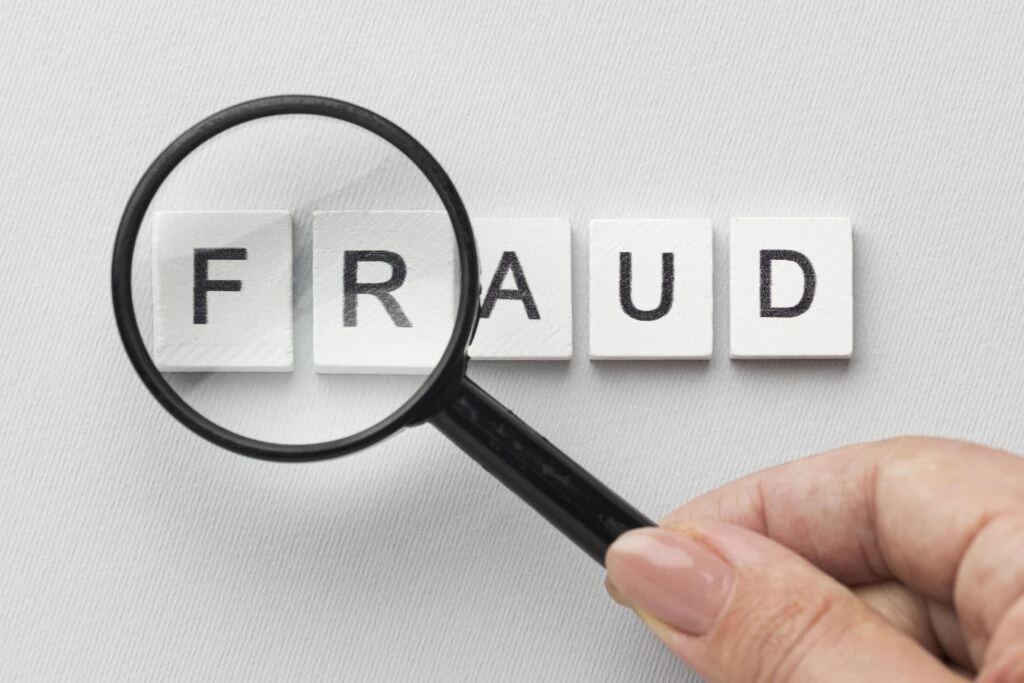When someone else is driving your car and gets involved in an accident, it can lead to a complex web of legal and insurance issues. This situation is a common concern for car owners, as it raises questions about liability, insurance coverage, and financial implications.
Understanding the potential outcomes and your responsibilities as a car owner is crucial to effectively navigate these circumstances.
Understanding Car Insurance Policies
Auto insurance policies are contracts between the car owner and the insurance company, where the insurer agrees to cover certain risks in exchange for premiums.
Most policies include liability coverage, which pays for bodily injury and property damage caused by the insured vehicle, and may include collision and comprehensive coverage for damage to the insured vehicle itself. Understanding the specifics of your policy is essential, as coverage can vary greatly.
Permissive Use in Insurance Terms
A key concept in car insurance is ‘permissive use’, which refers to situations where the car owner has given explicit or implied permission for another person to drive their vehicle.
In most cases, permissive use is covered under the car owner’s insurance policy. This means that if a friend or family member is driving your car with your consent and gets into an accident, your insurance will likely be the primary coverage to respond to the incident.
How Coverage Applies to Other Drivers
When assessing how your insurance applies to another driver, the concept of permissive use becomes pivotal.
If the driver had your permission, your insurance policy typically extends to cover accidents they cause, up to your policy’s limits. This coverage can include liability for damages and injuries to others, as well as damage to your vehicle if you have collision coverage.
Distinguishing Permissive from Non-Permissive Use
However, if the person driving your car does not have your permission – a situation known as non-permissive use – the insurance implications can be more complicated.
In such cases, the driver’s insurance may become the primary coverage, and your insurance may only provide secondary or no coverage. It’s important to communicate clearly about who is allowed to use your vehicle and under what circumstances.
Liability in Car Accidents
Liability in car accidents involving a third-party driver can be complex. Generally, insurance follows the car, not the driver, meaning the car owner’s insurance is usually first in line to cover damages and injuries caused by the vehicle. However, if the accident is severe and the damages exceed your policy limits, the driver’s insurance might also be tapped for additional coverage.
Determining Fault in Third-Party Accidents
Fault determination in these accidents follows similar principles as any other car accident. It involves assessing who was responsible for causing the accident based on traffic laws, witness statements, and evidence from the scene. If the person driving your car is deemed at fault, it could potentially impact your insurance premiums, even though you weren’t driving.
Scenarios with Different Drivers
The liability and insurance implications can vary significantly depending on who is driving your car. Let’s explore some common scenarios:
- Family Members: If a family member who lives with you and is listed on your policy is driving your car, your insurance will typically cover accidents just as if you were driving. However, if they’re not listed on your policy, coverage might be limited.
- Friends: For friends borrowing your car with your permission, your insurance usually acts as the primary coverage for accidents. However, their insurance might provide secondary coverage if damages exceed your policy limits.
- Employees: If an employee is driving your car for work-related purposes, this could complicate matters. Your personal insurance might not cover commercial use, and you may need a commercial policy.
- Unlicensed or Excluded Drivers: Allowing someone who is unlicensed or specifically excluded from your policy to drive your vehicle can lead to significant insurance complications and potential denial of coverage.
Each scenario requires a thorough understanding of your policy’s terms and the relationship between the driver and the policyholder.
Dealing with Unauthorized Use of Your Vehicle
Non-permissive use occurs when someone takes and drives your car without your consent. The legal implications can be complex:
- Theft: If your car is stolen and involved in an accident, your insurance should cover the damages under comprehensive coverage, but this won’t include liability for injuries or damage caused by the thief.
- Borrowing Without Permission: If someone borrows your car without permission and causes an accident, it can lead to a challenging legal situation. Your insurer may argue against covering the accident, leaving the unauthorized driver’s insurance (if any) to handle the claim.
- Household Members: Special attention should be given to household members. If they use the car without permission, insurers might still consider this permissive use, especially if they have had access to the car before.
Understanding the Financial Consequences of Accidents
An accident involving your car, even if you’re not the driver, can impact your insurance premium. Several factors influence this:
- Claim Severity and Frequency: A significant claim or multiple claims can result in higher premiums. Insurers view this as an increased risk.
- Driver’s Record: If the person driving your car has a poor driving record, this might also affect your rates, especially in permissive use scenarios.
- Policy Terms: Some policies offer accident forgiveness, which might prevent your first accident from affecting your premium.
It’s important to communicate with your insurance provider to understand how an accident might affect your future rates.
Steps to Take After an Accident Involving Your Car
If someone else crashes your car, taking the right steps is crucial:
- Ensure Safety and Report the Accident: Safety comes first. Ensure everyone involved is safe and report the accident to the police.
- Gather Information: Collect details from all parties involved, including witnesses. Take photos of the scene, if possible.
- Notify Your Insurance Company: Inform your insurer about the accident as soon as possible, providing all collected information.
- Documentation: Keep detailed records of any communications related to the accident, including with insurance companies and legal entities.
- Seek Legal Advice if Necessary: In complex situations, consulting with an attorney can provide clarity and guidance.
Taking these steps can help protect your interests and ensure a smoother process in dealing with the aftermath of the accident.
Ownership Responsibilities in Accident Situations
As a car owner, understanding your legal responsibilities in various accident scenarios is critical. Here are key considerations:
- State Laws and Regulations: Familiarize yourself with state-specific laws regarding car accidents and insurance claims. Liability laws vary by state and can significantly affect your responsibilities.
- Permissive Use Liability: In many states, car owners can be held liable for damages or injuries caused by anyone driving their car with their permission (known as vicarious liability).
- Non-Permissive Use: If your car is used without permission, it’s important to report the unauthorized use to the police and your insurance company to establish your lack of consent and potential non-liability.
Understanding these legal nuances can help you navigate the aftermath of an accident more effectively.
Protecting Yourself as a Car Owner
To protect yourself legally and financially as a car owner, consider the following tips:
- Understand Your Insurance Policy: Be clear about what your insurance covers and any exclusions. Know the limits of your liability coverage and consider additional coverage if necessary.
- Set Clear Boundaries: Establish and communicate rules about who can use your car. Consider adding regular drivers to your policy.
- Regular Reviews: Periodically review your insurance coverage and update it as needed, especially if there are changes in your household or regular drivers.
- Documentation: Keep all vehicle-related documents, such as registration and insurance, up to date and accessible.
Taking these proactive steps can minimize your risk and ensure you’re well-prepared for any incidents involving your vehicle.
Consulting with an Attorney in Complex Cases
There are certain situations where consulting with an attorney is advisable:
- Severe Accidents: If the accident resulted in serious injuries or significant property damage, legal guidance is crucial.
- Disputes Over Liability: If there’s a disagreement about who was at fault or the extent of your liability, an attorney can help protect your interests.
- Insurance Complications: If your insurance company denies coverage or you face issues with the other party’s insurer, an attorney can provide essential assistance.
An experienced accident attorney can offer valuable advice, negotiate with insurance companies, and represent you in legal proceedings if necessary.
Navigating the Aftermath of Third-Party Accidents
When someone else is driving your car and gets into an accident, it’s a situation fraught with legal and insurance complexities.
Understanding the nuances of insurance coverage, liability laws, and your responsibilities as a car owner is essential. Protecting yourself involves staying informed about your insurance policy, setting clear usage boundaries, and knowing when to seek legal assistance.
Navigating these challenges effectively requires a combination of awareness, preparation, and proactive management.
Seek Expert Guidance for Peace of Mind
If you find yourself in a complicated situation involving your vehicle, don’t hesitate to seek professional advice. At the Law Office of David L. Faulkner, we are committed to helping you understand your rights and responsibilities, guiding you through the legal intricacies, and ensuring your interests are protected.
Contact us for expert legal assistance and navigate the complexities with confidence.











